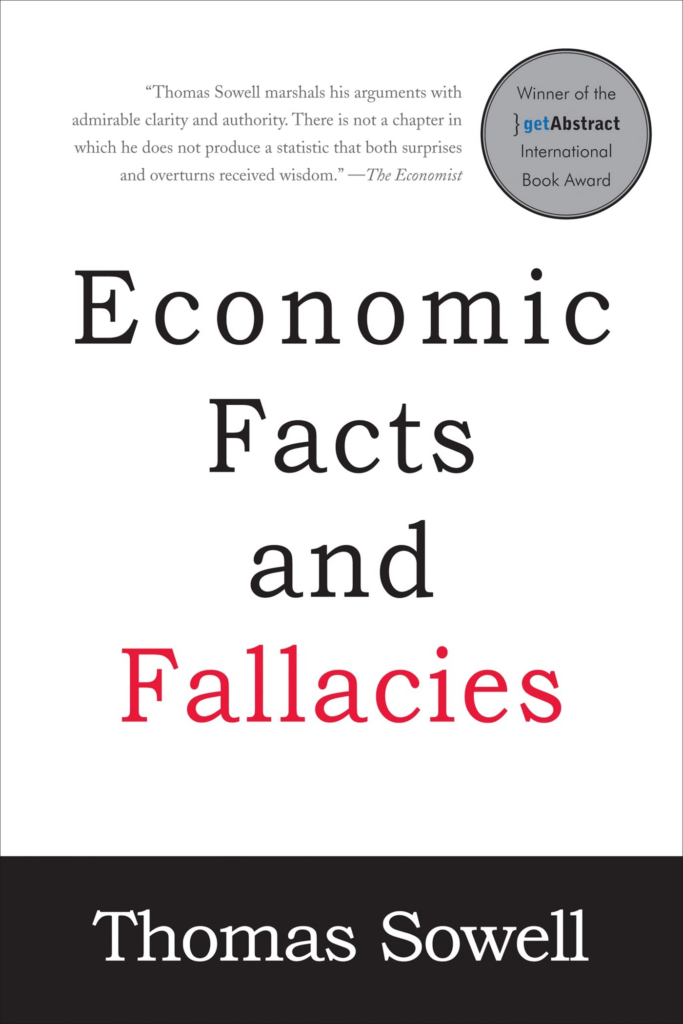
Thomas Sowell, born in 1930 in Gastonia, North Carolina, grew up facing the harsh realities of segregation and poverty. His early life was marked by the struggles imposed by a society that sought to define him by his race. Yet, even in the face of discrimination and limited opportunities, his inner drive and resilience set him on a path toward intellectual greatness.

As a young man, Sowell refused to be confined by the expectations of his environment. His service in the Marine Corps instilled a discipline and sense of purpose that would later fuel his academic pursuits. Determined to overcome the limitations imposed on him, he excelled in his studies, eventually earning degrees from Harvard, Columbia, and the University of Chicago. Each step of his educational journey reinforced his belief in the power of individual initiative and the importance of free inquiry over state-controlled solutions.
Sowell’s work has left a profound impact on discussions about race, economics, and society. In his influential book Black Rednecks and White Liberals, he challenges conventional narratives by exploring how cultural and historical forces have shaped racial identities. With sharp wit and detailed analysis, he dismantles simplistic views of race, arguing that historical context and personal responsibility are key to understanding societal outcomes. His examination of cultural dynamics not only critiques prevailing ideas but also celebrates the resourcefulness and strength found within marginalized communities.

Another notable work, Economic Facts and Fallacies, showcases Sowell’s ability to untangle complex economic concepts with clarity and insight. In this book, he debunks common myths about wealth distribution, labor markets, and government intervention. His analysis emphasizes that policies, no matter how well-intentioned, must be evaluated based on their real-world effects rather than abstract ideals. Through this work, Sowell champions the merits of free-market principles and the importance of individual decision-making in driving economic progress.

Sowell’s black identity has deeply informed his perspective, providing him with a unique lens through which to examine social and economic policies. Rather than accepting the narrative of victimhood, he transformed his personal struggles into a powerful argument for self-reliance and personal responsibility. His life story, marked by the determination to rise above systemic obstacles, is a compelling example of how individual effort can overcome even the most daunting challenges.
Today, Thomas Sowell stands as a towering intellectual figure whose writings continue to inspire and provoke thoughtful debate. His work reminds us during Black History Month that the journey from adversity to achievement is not only possible but also a testament to the enduring strength of the human spirit. His legacy is a celebration of resilience, the transformative power of education, and the enduring value of challenging conventional wisdom in the pursuit of truth.